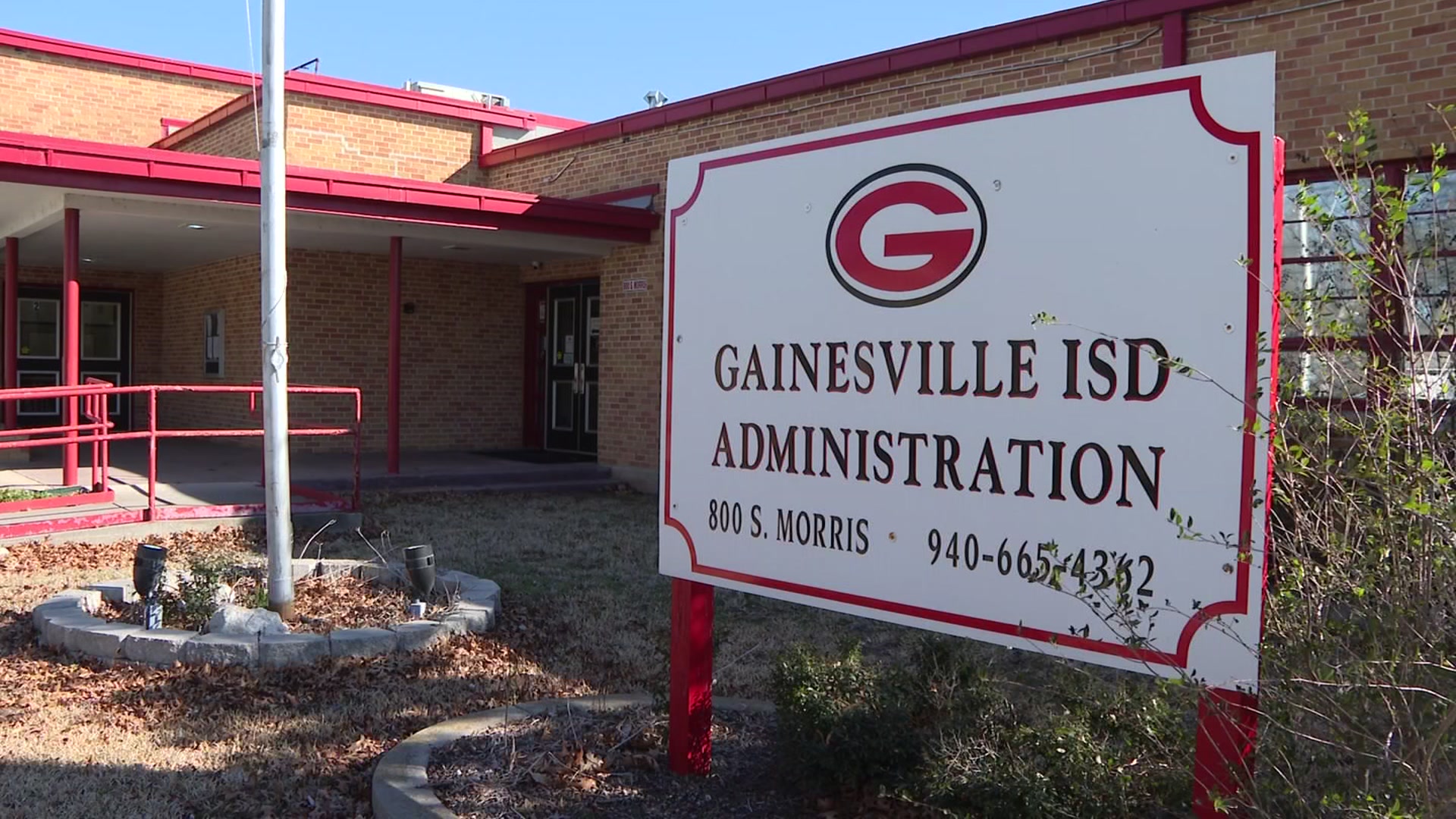It’s very common to find people asking for money on medians and street corners all around Dallas. The city passed a law against panhandling and a federal judge has given the green light to enforcement. NBC 5’s Ken Kalthoff reports on what’s next.
People asking for money can be found on many medians and street corners around Dallas.
One of those places is the corner of Inwood Road at Stemmons Freeway where drivers Tuesday had strong opinions.
Watch NBC 5 free wherever you are
“Well, I think it’s dangerous for them to be out in the middle of the road like that because anything can happen. A car can hit another car and be up on the median where they are, that’s what I think,” said driver Mary Woods.
The City of Dallas cited safety as the reason in October for a ban on solicitation in medians or shoulders of city streets.
Get top local stories in DFW delivered to you every morning with NBC DFW's News Headlines newsletter.
The city said it was not a ban on panhandling because that was still allowed elsewhere.
Critics sued claiming a violation of First Amendment rights to free speech of solicitors who are asking for help from neighbors.
The Dallas Morning News reported that U.S. District Judge Ada Brown declined to block enforcement of the law, pending the outcome of the lawsuit.
Local
The latest news from around North Texas.
“I guess I can see both sides of the story but the safety factor I think is the biggest issue,” driver Becky Small said.
Similar laws in other cities have been struck down.
Drivers at Inwood and Stemmons said they support the Dallas law regulating panhandlers.
“I work for a construction company. There’s plenty of work in construction right now, so, it’s not like they can’t go out there and work,’ driver Luis Lopez said.
Dallas also has a separate program for panhandling deflection. It works to provide help to homeless panhandlers and encourages drivers to donate to charities that help homeless people instead of donating on street corners.
“That’s what my husband and I do, we donate to charity,” Small said.
The drivers had questions about enforcement since the law restricting median panhandlers was not blocked by the judge.
“You would think the police would just get them out of the way, but sometimes they just pass on by,” Lopez said.
Police did pass panhandlers at Inwood and Stemmons Tuesday.
But the median solicitation law was to be enforced by officers from the Dallas Marshal’s Office and not by police, to save short-staffed police for more serious crimes.
“Pray for them and do what’s best for everybody’s safety,” driver Mary Woods said.
A spokesperson Tuesday said the City of Dallas declined comment about any new enforcement plan after the court ruling, due to the ongoing lawsuit.
Southern Methodist University Law Professor Thomas Leatherbury, participating in the representation of plaintiffs in the lawsuit, also declined comment through a university spokesperson.
Through another spokesperson, Travis Fife with the Texas Civil Rights Project issued a statement:
“Every day that this policy continues to be in effect, it puts people who are unhoused at risk of getting targeted and criminalized simply for asking for help. The City of Dallas has put a target on their backs with this ordinance and is violating the First Amendment rights of everyone in the city in the process. While we are disappointed with this decision, we are not done fighting for the rights of our clients, and are determined to protect members of the unhoused community from this discriminatory policy.”



